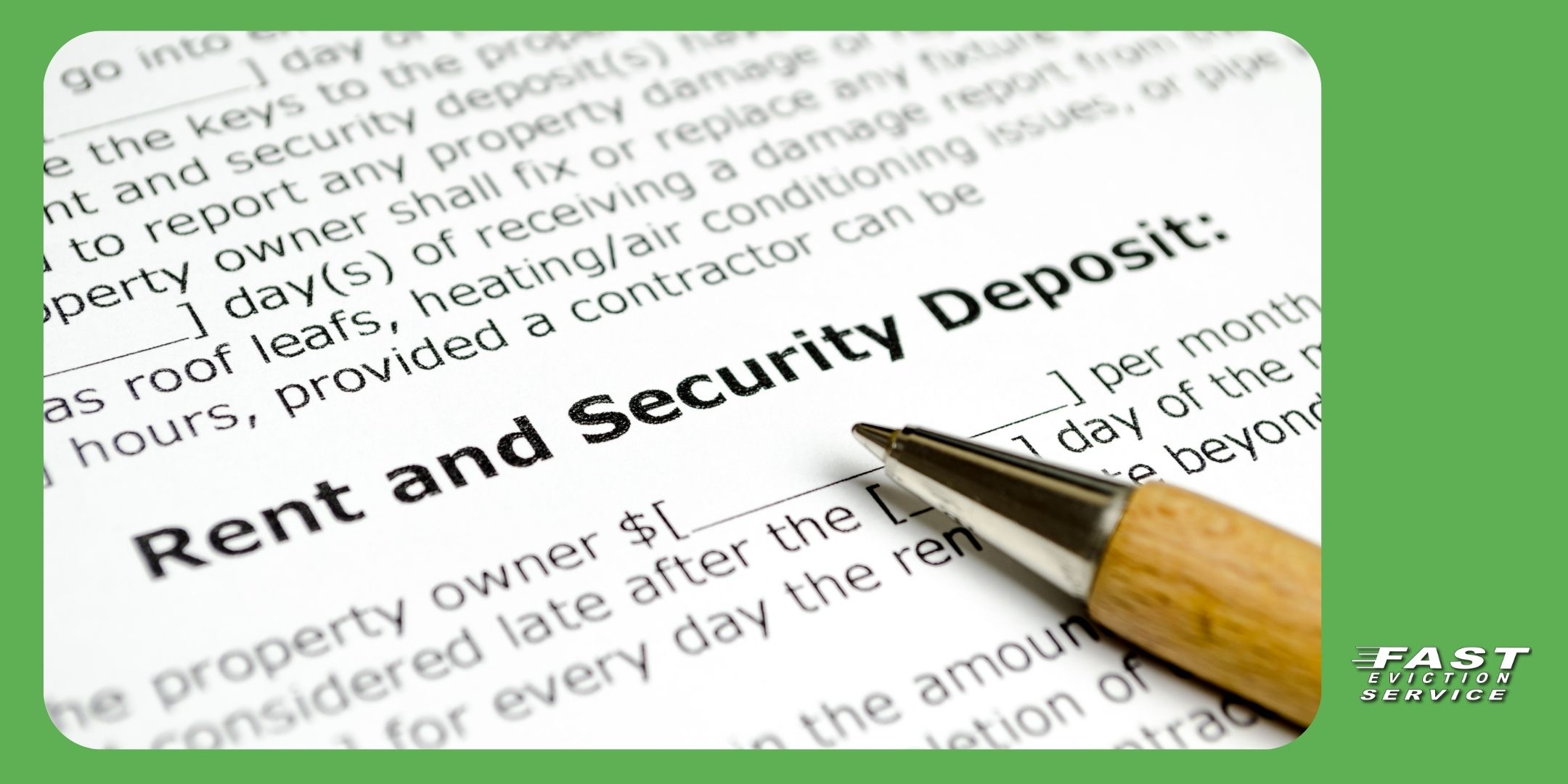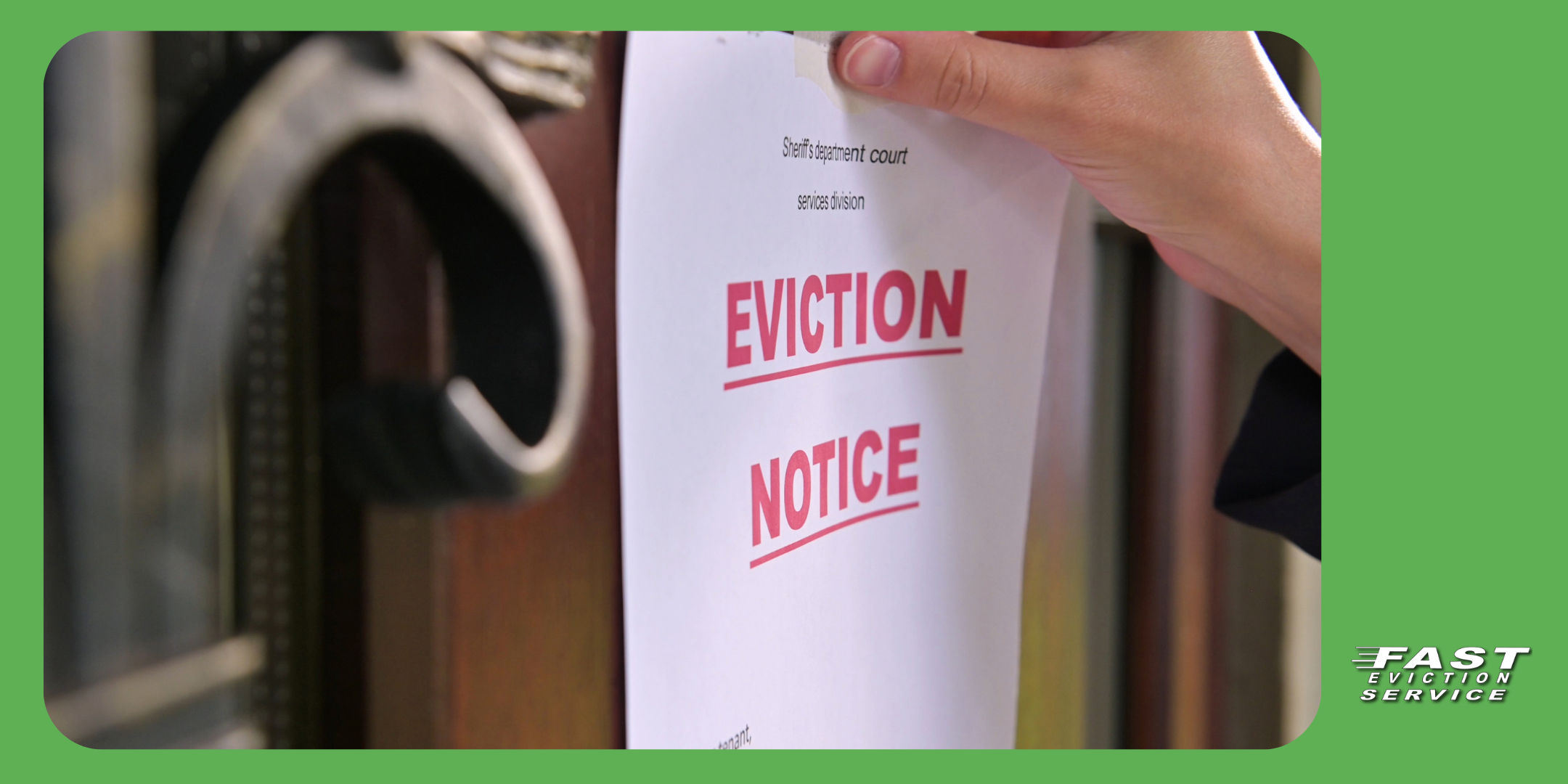Updated 11/18/24
Security deposits are a fundamental part of rental agreements, serving as financial protection for landlords and tenants alike. However, understanding the ins and outs of security deposit refunds, particularly in California, is essential for landlords to avoid disputes and stay compliant with state laws. In this article, we’ll explore the key rules, obligations, and strategies for managing security deposit refunds effectively, including whether security deposits can ever be non-refundable.

Table of Contents
- What Is a Security Deposit and Why Is It Important?
- California Laws on Security Deposit Refunds
- What Can Security Deposits Be Used For?
- Timelines and Steps for Returning Security Deposits
- Best Practices for Avoiding Disputes Over Refunds
- Frequently Asked Questions
What Is a Security Deposit and Why Is It Important?
A security deposit is an amount of money collected from a tenant at the beginning of a lease. It serves as insurance for landlords, covering potential damages, unpaid rent, or cleaning costs after the tenant moves out. While it protects the landlord’s property, it also incentivizes tenants to leave the unit in good condition.
Security deposit refunds can sometimes become contentious if either party misunderstands their rights and responsibilities. Clear communication, thorough documentation, and adherence to state laws can help landlords and tenants maintain a positive relationship.
California Laws on Security Deposit Refunds
California has some of the most tenant-friendly rental laws in the U.S., and security deposit regulations are no exception. Understanding these rules is crucial for landlords:
Maximum Deposit Limits: In California, landlords can collect up to two months’ rent for unfurnished units and up to three months’ rent for furnished units.
Refund Timeline: Landlords must return the deposit within 21 days of the tenant moving out. If deductions are made, a detailed itemized statement must accompany the remaining balance.
Non-Refundable Deposits: In California, security deposits cannot be non-refundable. Any clause in a lease agreement stating otherwise is illegal and unenforceable.
Knowing these laws helps landlords stay compliant while ensuring a smooth refund process.
What Can Security Deposits Be Used For?
California Civil Code §1950.5 outlines the specific uses for security deposits. These include:
- Repairing Damage Beyond Normal Wear and Tear: Minor scuffs or nail holes in walls are considered normal wear and tear and cannot be deducted. However, repairing significant damages, such as broken appliances or large stains, is valid.
- Cleaning to Restore the Unit to Move-In Condition: Landlords may charge for cleaning, but only to the extent necessary to return the property to the state it was in at the start of the lease.
- Unpaid Rent or Fees: Security deposits can cover unpaid rent, late fees, or other agreed-upon charges under the lease.
Clear documentation of the unit’s condition, such as move-in and move-out checklists and photos, is vital for justifying any deductions.
Timelines and Steps for Returning Security Deposits
Landlords should follow a structured process to ensure compliance with California laws and minimize disputes over refunds. Here’s how:
Inspect the Unit
Conduct a walkthrough with the tenant, ideally during the final week of the lease. This gives tenants an opportunity to address any issues.
Itemized Deductions
If making deductions, provide an itemized list that specifies the cost of repairs or cleaning and include receipts or invoices.
Issue the Refund
Send the remaining deposit and documentation to the tenant’s forwarding address within 21 days. If you’re unable to locate the tenant, retain the funds until they reach out.
By maintaining detailed records of all transactions and communications, landlords can protect themselves against disputes and claims of wrongful withholding.
Best Practices for Avoiding Disputes Over Refunds
The key to avoiding disputes over security deposit refunds lies in transparency and preparation. Here are a few ideas you can implement before your tenant moves out.
Set Clear Expectations by including a detailed description of security deposit terms in the lease agreement. Explain how deductions are determined and provide examples of normal wear and tear versus damage.
Routine inspections during the lease can prevent minor issues from becoming costly repairs. Make sure you schedule regular inspections to avoid big expenses at the end of the tenancy.
Share a checklist outlining what tenants need to clean or fix before moving out. This reduces misunderstandings about the condition of the property.
Take timestamped photos or videos during the move-in and move-out inspections. These serve as impartial evidence if disputes arise.
Following these practices will build trust with tenants and minimize the chances of legal disputes.
Frequently Asked Questions
Can landlords in California keep part of the security deposit?
Yes, landlords can deduct from the security deposit for specific reasons, such as damages beyond normal wear and tear, unpaid rent, or necessary cleaning. However, they must provide an itemized list with receipts or invoices for any deductions.
Are non-refundable security deposits allowed in California?
No, security deposits cannot be non-refundable in California. This is a common misconception. Landlords must return the deposit or provide a detailed explanation of any deductions within 21 days of the tenant’s move-out.
What happens if a landlord doesn’t return the deposit on time?
If a landlord fails to refund the deposit or provide an itemized statement within 21 days, tenants can sue for the amount owed. In some cases, courts may award tenants additional damages of up to twice the deposit amount.
Final Thoughts
By understanding the rules and best practices for security deposit refunds, landlords can foster positive relationships with tenants while ensuring legal compliance. Clear documentation, fair practices, and adherence to California’s regulations are the foundation of a stress-free rental experience.








